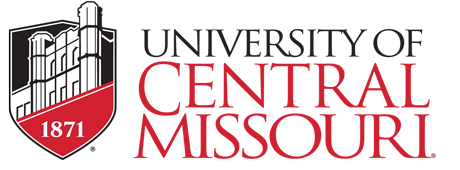Breadcrumb

Certified Nursing Assistant Development
Launch your new career in the fast-growing, rewarding healthcare field
Enroll in the University of Central Missouri's Certified Nursing Assistant (CNA) Development program and prepare to begin a successful career in this high-demand area. This valuable program prepares students to earn certification in Missouri as a certified nursing assistant (CNA). Students also learn a variety of skills designed to help them attain employment and succeed. The need for certified nursing assistants is steadily growing with the demand for CNAs projected at 3,179 over the next five years. Median pay for CNAs is $27,510, according to the U.S. Bureau of Labor Statistics. Through this program, students earn an industry-recognized certificate and continuing education units which may not be applied to a degree program and are not eligible for federal financial aid.
 |
$2,795 |
 |
Classes forming now. Let us know of your interest, and we will keep you informed of all course offerings. |
||
 |
210 hours |  |
18 years of age or older; high school diploma or GED; have not been convicted of any felonies or specified misdemeanors; negative TB test. |
Students will also earn Missouri CNA and AHA Basic Life Support certifications
Upon successful completion of this course, students will earn their Missouri CNA certification and American Heart Association Basic Life Support certification. Certified nursing assistants are responsible for direct, hands-on care for patients. Students learn patient care skills, qualifying them to perform uncomplicated nursing procedures and to assist licensed practical nurses and/or registered professional nurses in direct patient care. CNAs help patients with daily living activities, such as dressing, eating, bathing and dining. They work in every area of healthcare including hospitals, nursing homes, assisted living facilities, doctors’ offices and clinics.
What you will learn
- Classroom training in a face-to-face learning environment
- Supervised clinical experience
- Basic Life Support (CPR/AED)
- General skills for employment success, including integrity, self-leadership, problem-solving, teamwork, communications, human behavior and career management





